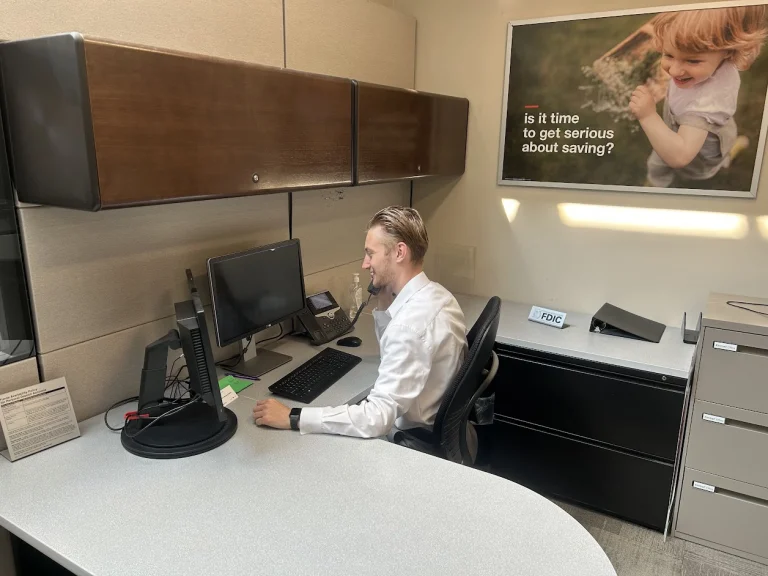Internships can be known by a variety of names, including cooperative education (co-op), field experience, service learning, or practicum. Regardless of the name, they allow you to receive academic credit for working with businesses, community groups, educational institutions, nonprofit organizations and government agencies.
Employers look for candidates that already have relevant career experience. Participating in an internship is an opportunity to gain a competitive edge.
According to a 2019 student survey conducted by the National Association of Colleges and Employers, more than half of all students who completed an internship received a job offer within six months of graduation. To facilitate these opportunities for a greater number of students, Niagara has programs to provide stipends to students whose internships are with non-profit or public service organizations and unpaid.
Students can seek academic credit for both paid and unpaid internships that align with their course of study. The Gacioch Center for Career and Professional Development can help students find internships and assist them with resumes, cover letters and practice interviews.
Niagara University students intern at companies around the country and at local companies including:
- American Niagara Hospitality
- Bank of America
- Blue Cross and Blue Shield of Western New York
- Buffalo Sabres
- Citi
- Delaware North
- Deloitte
- FBI
- M&T Bank
- Niagara County Probation
- Niagara Falls Memorial Medical Center
- Rich Products
- The Clorox Company
- Wegmans
If you are interested in an internship, first talk to your faculty advisor to discuss how internships fit with your curriculum and career goals. Eligibility to participate in an internship varies from major to major.
In general, you should:
- Be a junior, senior, or graduate student in the College of Arts and Sciences, Business Administration and College of Hospitality, Sport, and Tourism Management majors can compete for internships.
- Have advised electives in your major available.
- Maintain a minimum 2.0 QPA (some departments and employers have higher requirements).
- Be approved to participate by your academic department chair
Locating an internship is often times a partnership between students, faculty, and Career Services. There is not just one way to find an opportunity. The students that are most successful at finding an internship take a multi-faceted approach to the internship search. Below are some strategies to locating an internship:
- Your faculty advisor often has contacts in employment fields related to your major and are willing to help students make those connections. Be sure to discuss your interests with your faculty.
- Career Services will help you prepare an effective résumé, develop job search strategies and forward your résumé to employers who are seeking interns.
- Check the Get Hired Portal regularly for new internship postings and apply to all postings you are interested in.
- Join professional associations (SHRM or the Accounting Society, for example) related to your major or career goals.
- Regular employment may also qualify for an internship. Based on your job description, your academic department chair may determine whether or not employment qualifies for academic credit.
To receive academic credit for an internship, you need to register and pay tuition included in your semester bill. Depending on your major and the type of experience, you either register through your faculty advisor or through the Career Services office. In order to register, a detailed description of duties must be submitted to Career Services directly from the employer.
Your professor will develop a syllabus that specifies the goals and requirements of the experience and you will be required to prepare a reflective project to show what you have learned.
In addition, since you are representing the university to an employer, as an intern you must:
- Abide by the regulations and policies of both the university and your employer.
- Remain at the assignment for the contract period and meet the required number of contact hours (between 120 — 200) or risk loss of credits and an unsatisfactory grade.
- Not sign a liability, indemnity or hold-harmless agreement with the employer on behalf of the university. Any such agreement must be forwarded to the career services office.
- Immediately notify the university if your work status or contact information changes.
- If you accept a paid position, you will have to pay tax on your earnings and when you complete your internship, you cannot collect unemployment insurance.
As already mentioned, since your experience is considered part of your college education, you will be evaluated by both your employer and your faculty advisor. The evaluation requirements and grading policy will be listed in the syllabus. Career Services will send your internship supervisor an evaluation towards the end of the internship experience

